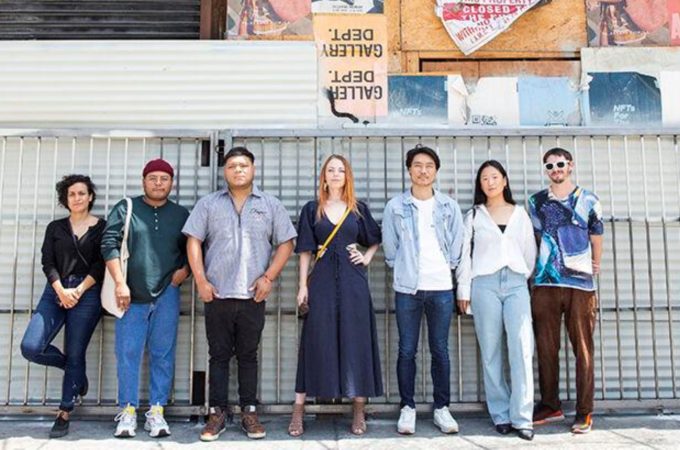First Amendment, “John Does,” Anonymous Speech, Anti-SLAPP.
For example, Mr. Pietz was lead trial and appellate counsel in a key published opinion that deals with defamation and the First Amendment right to speak anonymously. John Doe 2 v. Los Angeles Superior Court, 1 Cal. App. 5th 1300 (2016). In that case, the trial court initially authorized discovery aimed at identifying Mr. Pietz’s anonymous client, who had criticized prominent figures in the entertainment industry via email. Mr. Pietz filed a petition for a writ of mandate and an emergency stay motion with the California Court of Appeal, which were both ultimately granted, resulting in a total victory for Mr. Pietz’s client, “John Doe,” whose anonymity was preserved and whose right to free speech was vindicated.
A year later, but for a different client, Mr. Pietz again succeeded in obtaining writ relief from the California Court of Appeal in a case dealing with defamation and anonymous speech. Nelson v. Superior Court, No. B283743 (Cal. Ct. App. Feb. 27, 2018). Once again, Mr. Pietz’s advocacy on a defamation issue resulted in a total victory at the Court of Appeal.
The firm has also won numerous anti-SLAPP motions both at the trial and appellate level, representing both plaintiffs and defendants. Mr. Pietz frequently speaks on anti-SLAPP issues and is the author of a legislative proposal, passed by the Conference of California Bar Associations, that would amend California’s anti-SLAPP law in significant respects.

By Morgan E. Pietz and Matthew A. Trejo† The statute of limitations for copyright infringement is three years. 17 U.S.C. § 507.[1] […]
Read More
Partner Cyrus E. Shahriari is lead counsel in a civil lawsuit recently filed in Los Angeles County Superior Court on behalf of […]
Read More
Infringement cases brought by companies that purport to own copyrights in fabric designs have proliferated over the past ten years. In the […]
Read More